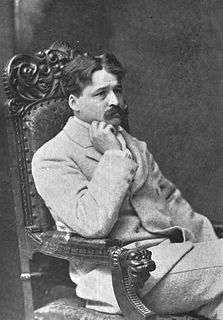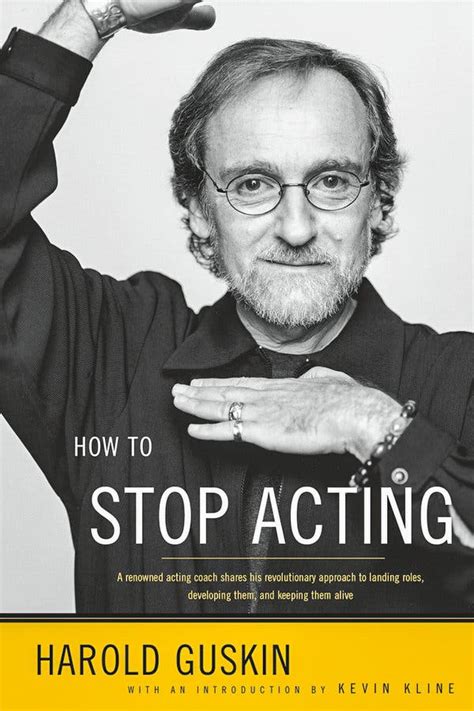A Quote by Friedrich August von Hayek
Socialist thought owes its appeal to the young largely to its visionary character; the very courage to indulge in Utopian thought is in this respect a source of strength for socialism which traditional liberalism sadly lacks. Speculation about general principles provides an opportunity for the play of the imagination of those who are unencumbered by much knowledge of the facts of present-day life. Their ideas suffer from inherent contradictions, and any attempt to put them into practice must produce something utterly different from what they expect.
Quote Topics
About
Any
Appeal
Attempt
Character
Contradictions
Courage
Day
Day Life
Different
Expect
Facts
General
Ideas
Imagination
Indulge
Indulge In
Inherent
Knowledge
Lacks
Largely
Liberalism
Life
Much
Must
Opportunity
Owes
Play
Practice
Present
Principles
Produce
Provides
Put
Respect
Sadly
Socialism
Socialist
Something
Source
Source Of Strength
Speculation
Strength
Suffer
Them
Those
Thought
Traditional
Utopian
Utterly
Very
Visionary
Which
Young
Related Quotes
Socialism is young and has made errors. Many times revolutionaries lack the knowledge and intellectual courage needed to meet the task of developing the new man with methods different from the conventional ones - and the conventional methods suffer from the influences of the society, which created them.
Fantasy is a product of thought, Imagination of sensibility. If the thinking, discursive mind turns to speculation, the result isFantasy; if, however, the sensitive, intuitive mind turns to speculation, the result is Imagination. Fantasy may be visionary, but it is cold and logical. Imagination is sensuous and instinctive. Both have form, but the form of Fantasy is analogous to Exposition, that of Imagination to Narrative.
The average educated man in America has about as much knowledge of what a political idea is as he has of the principles of counterpoint. Each is a thing used in politics or music which those fellows who practice politics or music manipulate somehow. Show him one and he will deny that it is politics at all. It must be corrupt or he will not recognize it. He has only seen dried figs. He has only thought dried thoughts. A live thought or a real idea is against the rules of his mind.
Socialism needs to pull down wealth; liberalism seeks to raise up poverty. Socialism would destroy private interests, Liberalism would preserve [them] ... by reconciling them with public right. Socialism would kill enterprise; Liberalism would rescue enterprise from the trammels of privilege and preference. Socialism assails the preeminence of the individual; Liberalism seeks ... to build up a minimum standard for the mass. Socialism exalts the rule; Liberalism exalts the man. Socialism attacks capitalism; Liberalism attacks monopoly.
So much of your present experience is based on your previous thought. Thought leads to experience, which leads to thought, which leads to experience. This can produce constant joy when the Sponsoring Thought is joyous. It can, and does, produce continual hell when the Sponsoring Thought is hellatious.
I think leaders lead themselves, but leaders have ideas and maybe they're visionary ideas. Probably today, people would say Steve Jobs was a visionary because he invented this little gadget, the cell phone. But he didn't invent cell phones, and he didn't design the cell phone. He just took a couple of ideas and put them together, and no one else put those same ideas together as successfully as he did. But he had something that he was trying to do that intrigued him, and he could do it very well.
If we define 'thought collective' as a community of persons mutually exchanging ideas or maintaining intellectual interaction, we will find by implication that it also provides the special 'carrier' for the historical development of any field of thought, as well as for the given stock of knowledge and level of culture. This we have designated thought style.
If you are to do justice to [the great roles], you must fly up to them - rather than dragging them down to you - by expanding your range of knowledge and strengthening your imagination. Your imagination must become as real to you as your memories and feelings. What you take into yourself about psychology, politics, sociology, history and so on, will allow you to reach places in yourself you didn't know existed. No line, no image, no thought can be left general. Each must be specific and personal. Your work is not complete until this is so.
Is evolution a theory, a system, or a hypothesis? It is much more it is a general postulate to which all theories, all hypotheses, all systems must henceforward bow and which they must satisfy in order to be thinkable and true. Evolution is a light which illuminates all facts, a trajectory which all lines of thought must follow this is what evolution is.
Each nation has a main current in life; in India it is religion. Make it strong and the waters on either side must move along with it. This is one phase of my line of thought. In time, I hope to bring them all out, but at present I find I have a mission in this country also. Moreover, I expect help in this country and from here alone. But up to date I could not do anything except spreading my ideas. Now I want that a similar attempt be made in India.
Another problem of fragmentation is that thought divides itself from feeling and from the body. Thought is said to be the mind; we have the notion that it is something abstract or spiritual or immaterial. Then there is the body, which is very physical. And we have emotions, which are perhaps somewhere in between. The idea is that they are all different. That is, we think of them as different. And we experience them as different because we think of them as different.
The reaction against your own thought in itself lends life to thought. How this reaction is born is hard to describe, because it identifies with the very rare intellectual tragedies. The tension, the degree and level of intensity of a thought proceeds from its internal antinomies, which in turn are derived from the unsolvable contradictions of a soul. Thought cannot solve the contradictions of the soul. As far as linear thinking is concerned, thoughts mirror themselves in other thoughts, instead of mirroring a destiny.
The trick is to keep exploring and not bail out, even when we find out that something is not what we thought. That's what we're going to discover again and again and again. Nothing is what we thought. I can say that with great confidence. Emptiness is not what we thought. Neither is mindfulness or fear. Compassion––not what we thought. Love. Buddha nature. Courage. These are code words for things we don't know in our minds, but any of us could experience them. These are words that point to what life really is when we let things fall apart and let ourselves be nailed to the present moment.





































